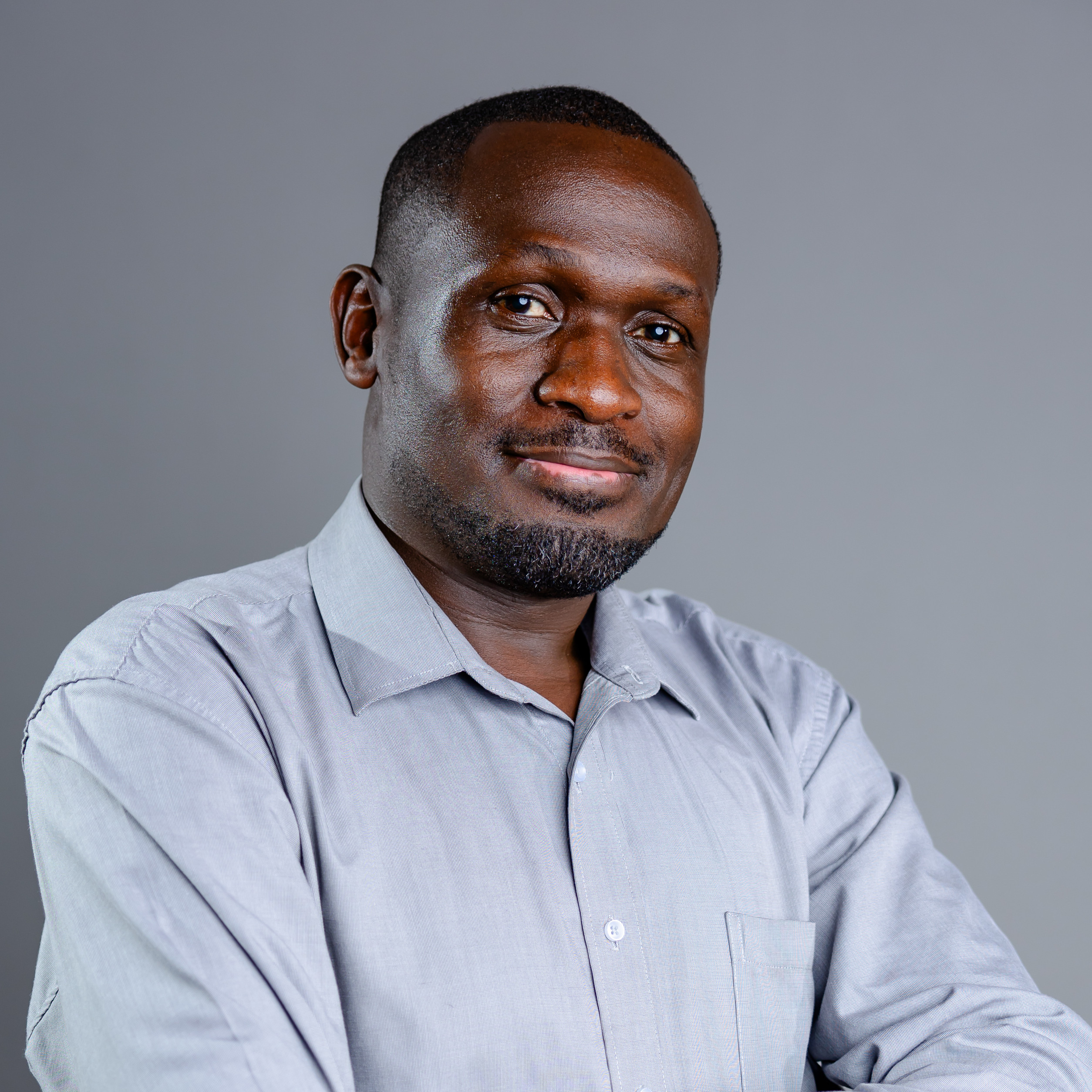CONTRIBUTORS

Davis Muli Musyoki
Communications Officer

Erick Simiyu Makhapila
Research Officer
On World Refugee Day 2025, under the global theme “Solidarity with Refugees”, learners, educators, and partners gathered at Tumaini Lifeworks School in Kakuma to mark the day with a powerful, symbolic act—planting trees. This year’s theme resonates deeply in the arid yet vibrant landscape of Turkana County, where resilience is not just a necessity but a way of life.
The tree planting ceremony was not only a gesture toward environmental sustainability but also a metaphor for growth, inclusion, and the long-term investment in refugee education. Among those who took part were refugee teachers and learners who are part of the TeachWell Project—a collaboration that aims to enhance the quality and responsiveness of education for both refugee and host communities through evidence-based interventions.
Refugee teachers are not only essential to learning in displacement settings but are also key agents of change in building inclusive education systems. Yet many continue to teach without recognition, certification, or pathways for professional advancement.
This World Refugee Day, the spotlight was on both the environment and empowerment—amplifying calls to support refugee teachers in accessing training and certification. It is time to move from parallel systems to inclusive ones. TeachWell is actively collaborating with partners and education authorities to support refugee teachers in navigating existing certification frameworks, aligning their efforts with regional commitments, such as the Djibouti Declaration.
As trees took root in the dusty soil of Kakuma, so too did renewed commitments—to invest in refugee education, to dignify the role of refugee teachers, and to foster learning environments where every child, regardless of status, can thrive.
The TeachWell Project will continue to stand alongside teachers and learners in Kakuma and beyond, ensuring that actions taken today grow into opportunities tomorrow. Because to truly welcome refugees, we must also recognize their potential—not just to survive, but to lead.